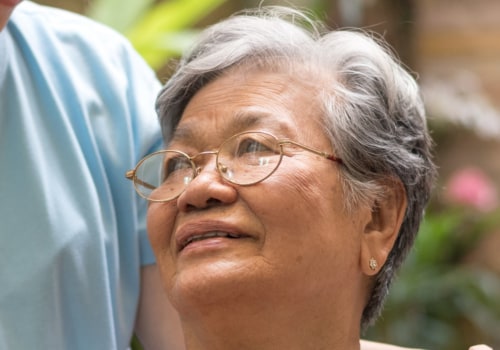Palliative care is important because it provides patients with an option for pain and symptom management and a better quality of life while continuing to apply curative measures. When a patient is seriously ill, he understands the value of each day.
palliative care is specialized medical care
for people living with a serious illness, such as cancer or heart failure. Patients in palliative care can receive medical care for their symptoms or palliative care, along with treatment aimed at curing their serious illness.The goal of palliative care is to improve a person's current care by focusing on the quality of life of the individual and his/her family. Palliative care is specialized medical care for people living with a serious illness. This type of care focuses on providing relief from the symptoms and stress of the disease. The objective is to improve the quality of life of both the patient and the family.
While the goal of hospice and palliative care is pain and symptom relief, the prognosis and goals of care tend to be different. Hospice is comfort care with no curative intention; the patient no longer has curative options or has decided not to continue treatment because the side effects outweigh the benefits. Palliative care is comfort care with or without curative intent. Hospice care is similar to palliative care, but there are important differences.
Because more than 90 percent of hospice care is paid for through the Medicare hospice benefit, hospice patients must meet Medicare eligibility requirements; palliative care patients do not have to meet the same requirements. Hospice care is specialized palliative care for patients with advanced illnesses who are nearing the end of life. This comfort-focused care aims to improve the quality of life of patients once they have decided to stop seeking curative treatment. The goal of palliative care is to alleviate suffering and provide the best possible quality of life for patients and their families.
The role of palliative care at the end of life is to alleviate the suffering of patients and their families through comprehensive evaluation and treatment of the physical, psychosocial and spiritual symptoms that patients experience. It can be offered in two types of settings: at home or in a facility, such as a nursing home, a hospital, or even in a separate palliative care facility. 24-hour care is provided in a nursing home, hospice center, or occasionally in a hospital. Future studies are recommended to incorporate a greater number of participants from different hospices and the views of caregivers.
Palliative care had set an example of benevolence and selflessness that inspired participants to help and alleviate the pain of others. Palliative care drugs, including those that relieve pain, are included in the WHO List of Essential Medicines and the WHO List of Essential Medicines for Children. Palliative care uses an interdisciplinary team of doctors, nurses, social workers, and chaplains to assess and manage the physical, psychological, social, and spiritual stressors associated with serious illness. It has been observed in parts of India where palliative care is established, people benefit from it.
It is seen that the selected hospice has been of great help to the patient, as it generated a sense of care and relief. The ultimate goal of palliative care is to improve the quality of life of both the patient and the family, regardless of the diagnosis. Intentional sampling was used to recruit participants of a hospice that provides palliative care to patients with terminal cancer in Bengaluru. Before starting the data collection process, the researcher did a six-month internship at the hospice.
Like palliative care, hospice provides comprehensive comfort care as well as support for the family, but, in hospice, attempts to cure the person's illness stop. The treatment of stress and symptoms of people suffering from serious illnesses such as cancer, kidney disease, Alzheimer's, Parkinson's, COPD and congestive heart failure is the focus of a palliative care team. . .












